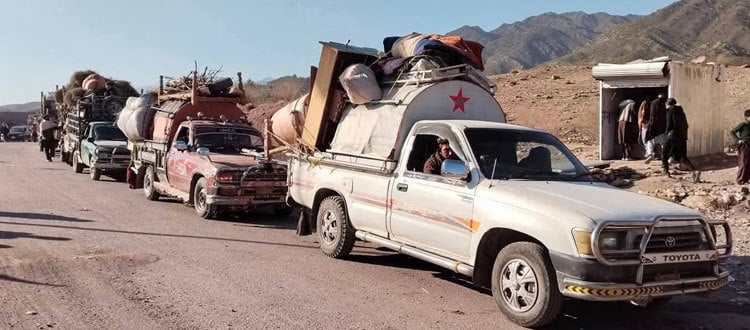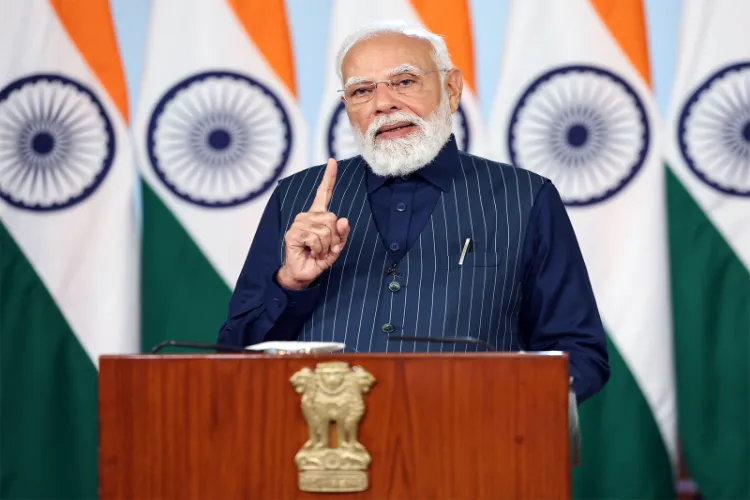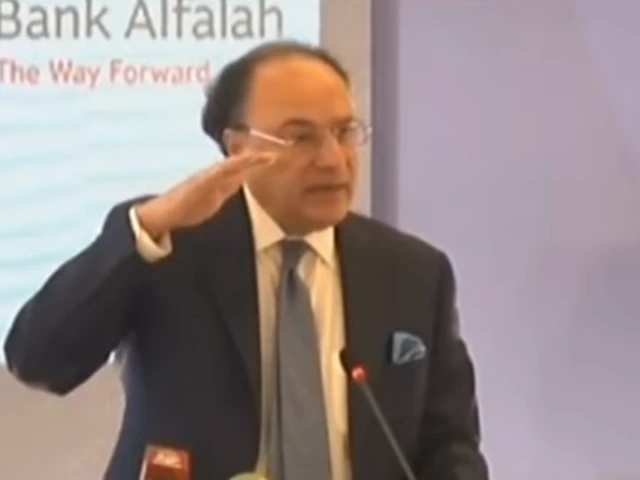Karachi, January 13, 2026: K-Electric (KE) is witnessing encouraging adoption of its Trust Billing initiative with nearly 70% of readings taken by citizens passing the approval process through the KE Live App, reinforcing transparency…
Karachi, January 13, 2026: K-Electric (KE) is witnessing encouraging adoption of its Trust Billing initiative with nearly 70% of readings taken by citizens passing the approval process through the KE Live App, reinforcing transparency…

Peshawar: The Khyber Pakhtunkhwa government on Wednesday released Rs4 billion to support the temporary displacement of residents of the Tirah Valley in Khyber district, ahead of a planned targeted security operation against militants.
According…
Counter-terrorism police in Khyber-Pakhtunkhwa on Wednesday said three terrorists were killed in an intelligence-led operation in Dera Ismail Khan, while…

New Delhi
Prime Minister Narendra Modi will inaugurate the 28th Conference of Speakers and Presiding Officers of the Commonwealth (CSPOC) here on Thursday.
The conference, to be chaired by Lok…

KARACHI, Jan 9 (Reuters) – Pakistan has signed an agreement with a firm connected to World Liberty Financial, the main crypto business of the family of U.S. President Donald Trump, to explore using World Liberty’s stablecoin for…

Finance minister cites 20 foreign investors in 18 months, remittances expected to top $41bn
Finance Minister Muhammad Aurangzeb speaking at the Pakistan Policy Dialogue in Islamabad Photo: Screengrab